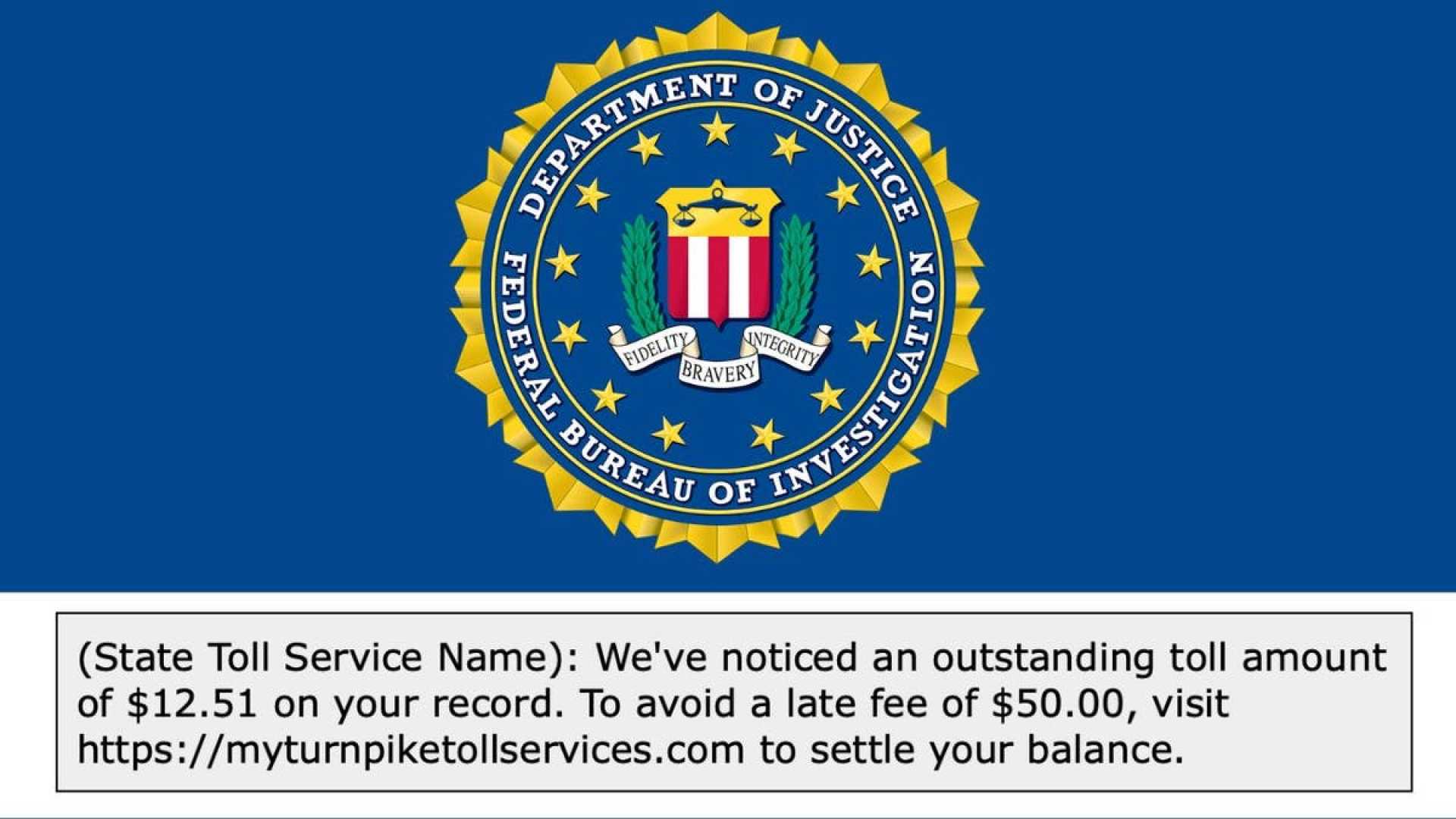News
FBI Issues Warning About Rising Phone Scams Targeting Individuals

PHILADELPHIA, Pa. — The FBI has issued a warning regarding a surge in phone scams where criminals impersonate law enforcement or government officials to extort money or steal personal information. This alarming trend, first reported on April 8, threatens individuals nationwide.
According to the FBI’s Philadelphia Field Office, scammers have been using various tactics to mislead victims, including creating fake communications that seem credible by using images of the FBI Director or official letterheads. However, many of these scams are transmitted through spoofed phone calls, making it appear as though they originate from legitimate law enforcement agencies.
The FBI advises anyone who receives such a call to hang up immediately and report the incident to local law enforcement. “Law enforcement does not call or email individuals threatening arrest or demanding money,” the agency emphasized in its warning.
The impersonation tactic is reminiscent of other scams previously flagged by the FBI, including those demanding money under false pretenses involving banks or technical support. In a related matter, the Chinese community in the U.S. was also cautioned last week about scams resembling local health provider solicitations, with suspects even utilizing video calls dressed in uniforms to deceive victims.
The ongoing unpaid toll scam further complicates matters, as victims receive misleading texts regarding toll violations, creating a sense of urgency and often resulting in financial loss. “These scams usually create a sense of urgency—telling you there’s limited time to act or face dire consequences,” remarked cybersecurity expert Chance Caldwell.
In light of these threats, some individuals have reported receiving up to seven such scam messages a day. “It’s frustrating to receive these texts repeatedly, especially when they involve fees I don’t owe,” one victim stated.
The FBI’s warning comes amidst an escalation of mobile phishing attacks. This surge signifies how easily fraudsters can exploit the unringed security of text messaging compared to more controlled communication channels like email.
Max Gannon from Cofense, a cybersecurity firm, noted, “Individuals should independently verify any links sent via text, especially those claiming to be from financial institutions.” Simple online searches can often reveal the validity of URLs.
Gannon also highlighted that SMS, unlike emails, typically lacks robust security monitoring. “It is often overlooked in enterprise security training,” he noted. Caldwell reiterated this point, emphasizing that the telecommunications industry needs to address the loopholes allowing these scams to proliferate.
As the FBI continues to warn the public about this new scam wave, it remains crucial for individuals to stay vigilant. Hanging up and seeking confirmation through trusted sources is the best measure against such scams. If in doubt, contacting agencies or organizations directly through official channels is highly recommended.












